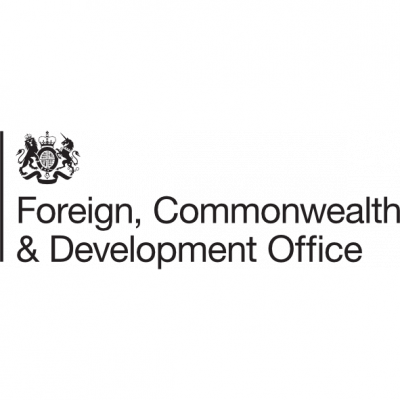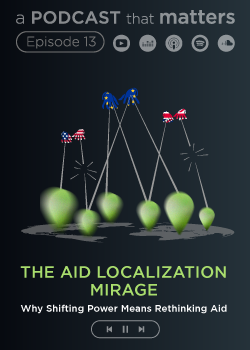Print

State Partnership for Accountability Responsiveness and Capacity (SPARC) Programme, Nigeria
Details
Locations:Nigeria, UK
Start Date:Oct, 2014
End Date:Apr 30, 2016
Contract value: GBP 65,127,109
Sectors: Democratization, Macro-Econ. & Public Finance
Categories:Consulting services
Funding Agencies:
Date posted:May 27, 2016
Description
Contract For: State Partnership for Accountability Responsiveness and Capacity
Purchase Order Number: CNTR 200708082/PO 4052
Objective:
Set up in 2008, the State Partnership for Accountability, Responsiveness and Capability (SPARC) programme was designed to work with Nigerian state governments to deliver improved a) policies and strategies; b) public financial management; c) state civil service performance, and d) Federal support to state governance 1. SPARC works currently in five focus states in a full-scale way (Kaduna, Kano, Lagos, Jigawa and Enugu). It was envisaged that the programme would expand and an inception phase has also been conducted since 2011 in the states of Katsina, Yobe and Zamfara. Programme was intended to run until 2014.
SPARC was designed as one of a suite of State Level Programmes (SLPs) to leverage improved governance for better service delivery. The overall collective goal of the SLPs is to increase the efficiency and effectiveness of utilisation of Nigeria’s resources to achieve the MDGs, which they all aim to achieve together. The other related programmes are: (i) State Voice and Accountability (SAVI) 2 (ii) Education Sector Support Programme in Nigeria (ESSPIN); (iii) Partnership for Transforming Health Systems Phase 2 (PATHS2); and, (iv) Growth and Employment in States (GEMS). SPARC also increasingly works with other related DFID programmes at state level.
DFID now seeks to scale up SPARC. The rationale for scale-up is based on:
•The main thrust of DFID Nigeria’s Operational Plan, approved by Ministers in 2011, to scale up DFID work in Northern Nigeria where poverty rates are the highest. Seven of the 10 proposed focus states (and four of the additional five) are in the North.
•To date SPARC has made progress in supporting important governance reforms. In the mid-term review in 2012 SPARC achieved an A+.
•The pivotal position of SPARC in helping accentuate reforms in other DFID sectoral programmes in health and education in northern Nigeria.
•There are also opportunities to expanding SPARC federal level work (through the Nigeria Governors Forum and MDG office) to help replicate lessons and lever broader impact across the country.
•Extending the programme for an additional year to 2015 will enable reforms to be more fully embedded, particularly in the additional states.
•Scaling up the intensity of governance support in two of the existing states where reform traction has proven greater – Lagos and Jigawa.
•Providing governance support in Katsina, Yobe and Zamfara, following successful inception work.
•Starting the programme in two new states, Anambra and Niger, that have reformist governments.
•The expanded SPARC will be operating in a total of 10 states, and at national level.
•Extending the programme lifetime by an additional year (to 2015).
•Scaling up the intensity of governance reform support to Federal level institutions within Federal Government that affect state governance: the Nigerian Governors Forum (NGF) and the Millennium Development Goal Conditional Grant Scheme.
•Expanding knowledge management initiatives to further promote
governance reform across the entire Federal Republic.
Project description: Gareth Williams joined the Programme Development Group of the State Partnership for Accountability, Responsiveness and Capability (SPARC) in October 2014. He is responsible for leading analytical work on the political economy context and political developments in the 10 Nigerian states where the SPARC programme operates. He attends the quarterly meetings of the Programme Development Group, which is the main decision making body for the programme.
Client: DAI
Duration: 18 months

